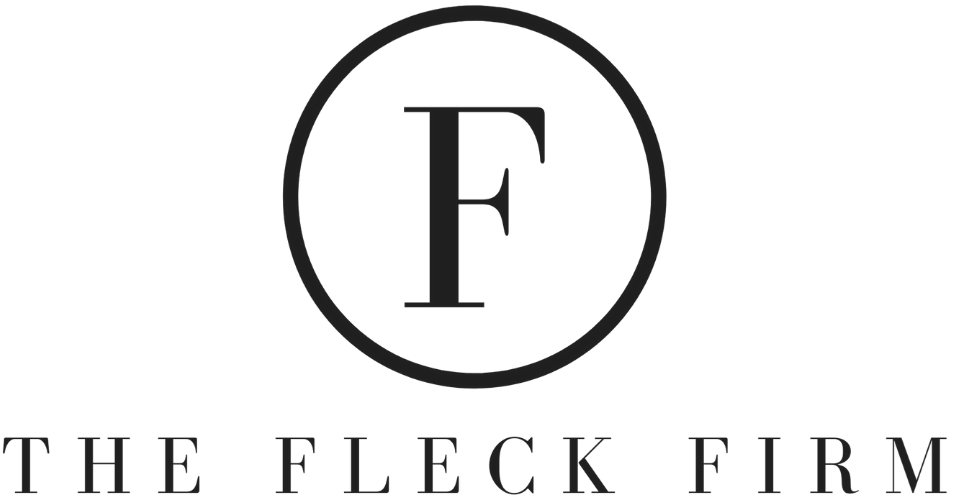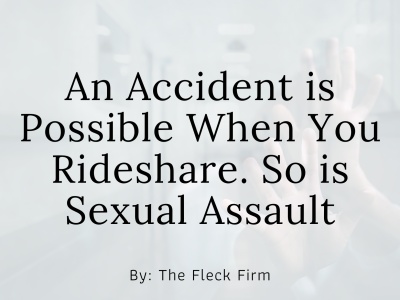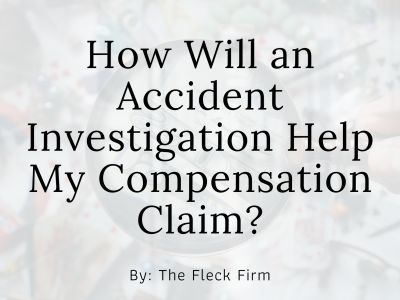When you hear the term “estate planning,” you probably think about who will be the executor of your estate, who should get your house, or instructions for your healthcare power of attorney. You should also think about what should happen to your digital assets, though they’re much less tangible than your car or baseball card collection.
Unless you plan, like a safe deposit box with one set of lost keys, your heirs may not get access to your digital assets. Family photos and videos are now digitally stored. Your social media accounts could stay active online after your death. They could be hacked with your name and photo used to steal from others. Financial assets at online banks and brokerages could be out of reach by your heirs, according to Fidelity.
What is a Digital Asset or Property?
We’re living more online, especially during the COVID-19 pandemic, creating and using digital assets. You need to understand what they are and how you and your estate’s administrator can control them. When I write estate plans, I talk to clients about their online lives, so you should think about it.
You may have financial records stored in your smartphone, computer, or the cloud. You may conduct financial transactions online. You may have:
- Email accounts
- Social media accounts
- Bitcoin or other cryptocurrencies which only exist electronically
- Domain names for personal or business websites
- Digital photos and videos
- Accounts for online sports betting or gambling
- A blog
- Online video channels that generate money
Digital assets are like “real world” assets because they can pass to people you designate through your estate plan. Laws covering digital property, social media, and search engine rules are evolving. As a result, getting access to digital assets and digitally encoded financial information can be a problem for people other than the original owner. That’s good for security but bad when you’re trying to inventory and control the online assets of someone who passed away.
Other attorneys take contingent fees of 33% to 50% of your settlement.
We want you to keep more of your money.
Our contingent fee is only 30% on cases settled prior to filing suit.
What Problems Might My Family Face With My Digital Assets?
There are four main roadblocks to family members getting control of online assets once owned by the deceased.
- Passwords
If others don’t know your passwords and you haven’t written them down in a place where they can be found, no one may be able to access information or property stored in your smartphone, computer, online accounts, or the cloud.
- Data encryption
If digitally stored data is encrypted, it’s completely scrambled like a secret code. It will probably be impossible for anyone to access without the right password.
- Criminal laws
State and federal laws prohibit unauthorized access to computer systems and private data. They protect us against fraud and identity theft, but may also create a wall too high for your family to climb to access your digital assets and information. Your estate plan should give your fiduciaries authorization to access data.
- Privacy laws
Federal laws prohibit online service providers from turning over the contents of your electronic communications to anyone other than you without your consent. Social media sites and other online businesses may lock up your content unless you give express permission for others to access it. Without that permission, your heirs may not be able to access your photos, emails, or other information stored in the cloud. Fighting for that access in court would probably be cost prohibitive.
How Can These Problems be Prevented?
These problems can be avoided easily and cheaply by thinking and planning ahead. By addressing your digital property and information in your estate plan, you can arrange for access by others. This will keep administration costs down, save others a lot of time, energy, and grief. It should also prevent your digital property from being forgotten or overlooked. Taking these steps will help.
- Create a list
List your digital assets, so your family knows what you have, where they can be found, and the passwords that will allow access. Include your email and social media accounts, domain names, virtual currency, and money transfer apps. Put the list in a secure place and tell family members how to access it.
- Understand what you own
You may think you bought or own a digital asset, but you may just have purchased a non-transferable license to use it. Check the terms of use to see what you own and what you’re just using.
- Back up data in the cloud
Back up important documents and data onto cloud-based storage. Services like Dropbox or Google Drive can be used like a virtual safe deposit box. If you want more security, there are more secure online storage services. You could include copies of digital or scanned documents like bank and investment account statements, birth certificates, insurance policies, passwords, tax records, wills, and more. You should also store this information on your computer, print out copies, and keep them in a file accessible by others
- Show consent in planning documents
When we create or update your wills, powers of attorney, and revocable living trusts, we can include language giving your consent for providers to release your electronic communications to the right people. You should also allow your fiduciaries to bypass, reset, or recover your passwords.
Tyler Fleck Can Help You Create an Estate Plan for All Your Property
Digital assets are, as far as the law is concerned, something relatively new. Laws that deal with them are changing. What we do now to protect you may need to change in the future. But you should regularly update your estate plan to reflect changes in your life.
If you have any questions about estate planning and your digital assets, please contact The Fleck Firm today at (270) 446-7000. We can help you with the challenging issues you face in a caring, compassionate, and practical way.








